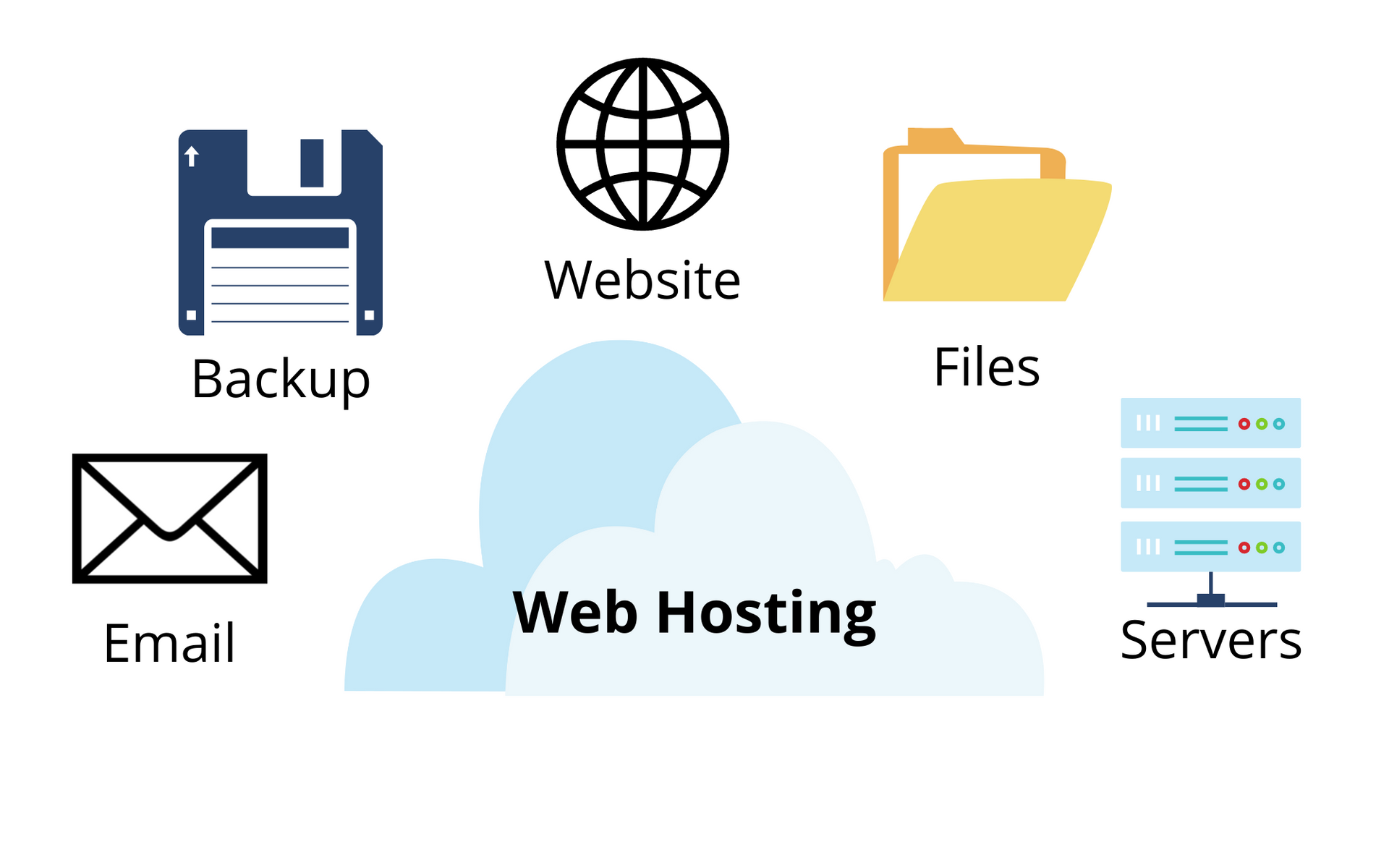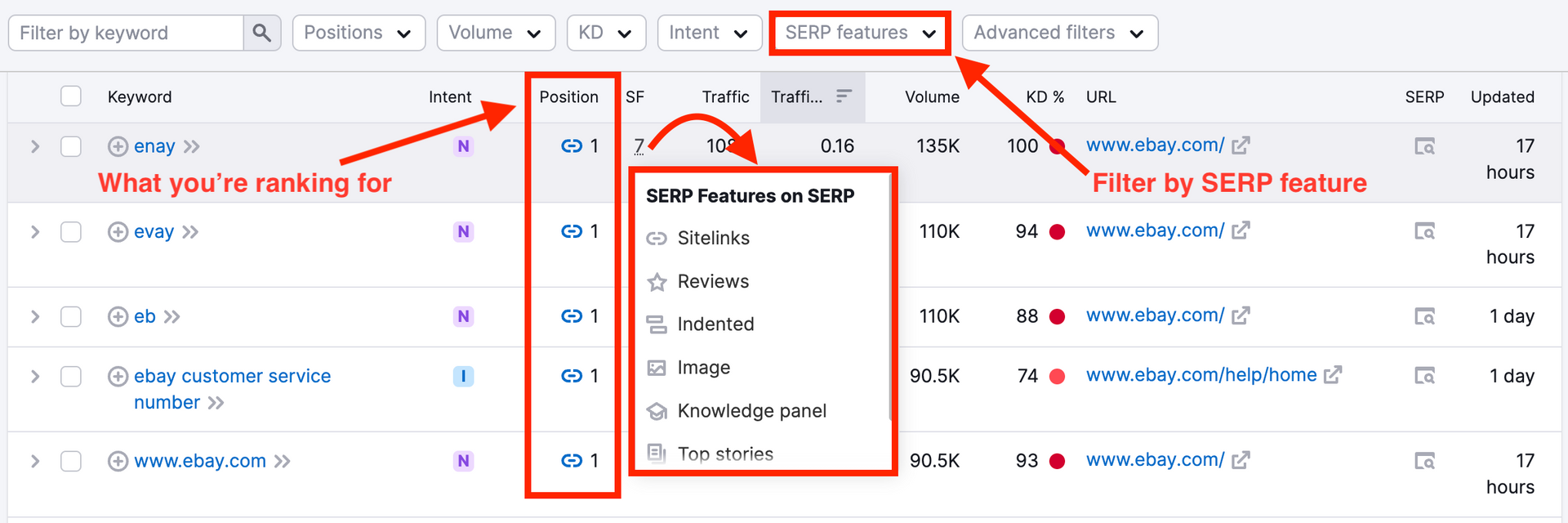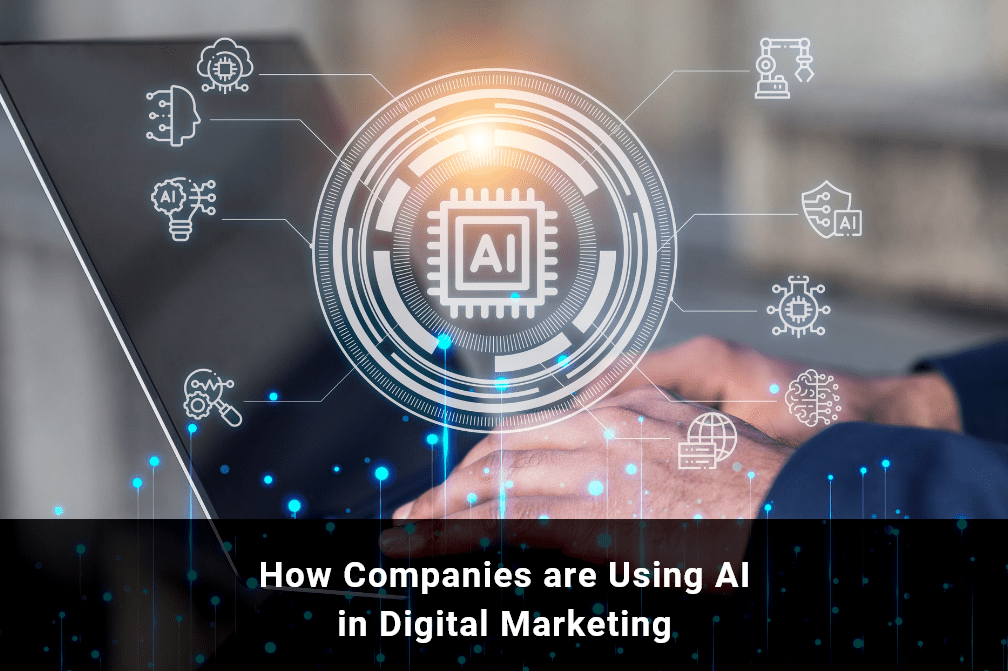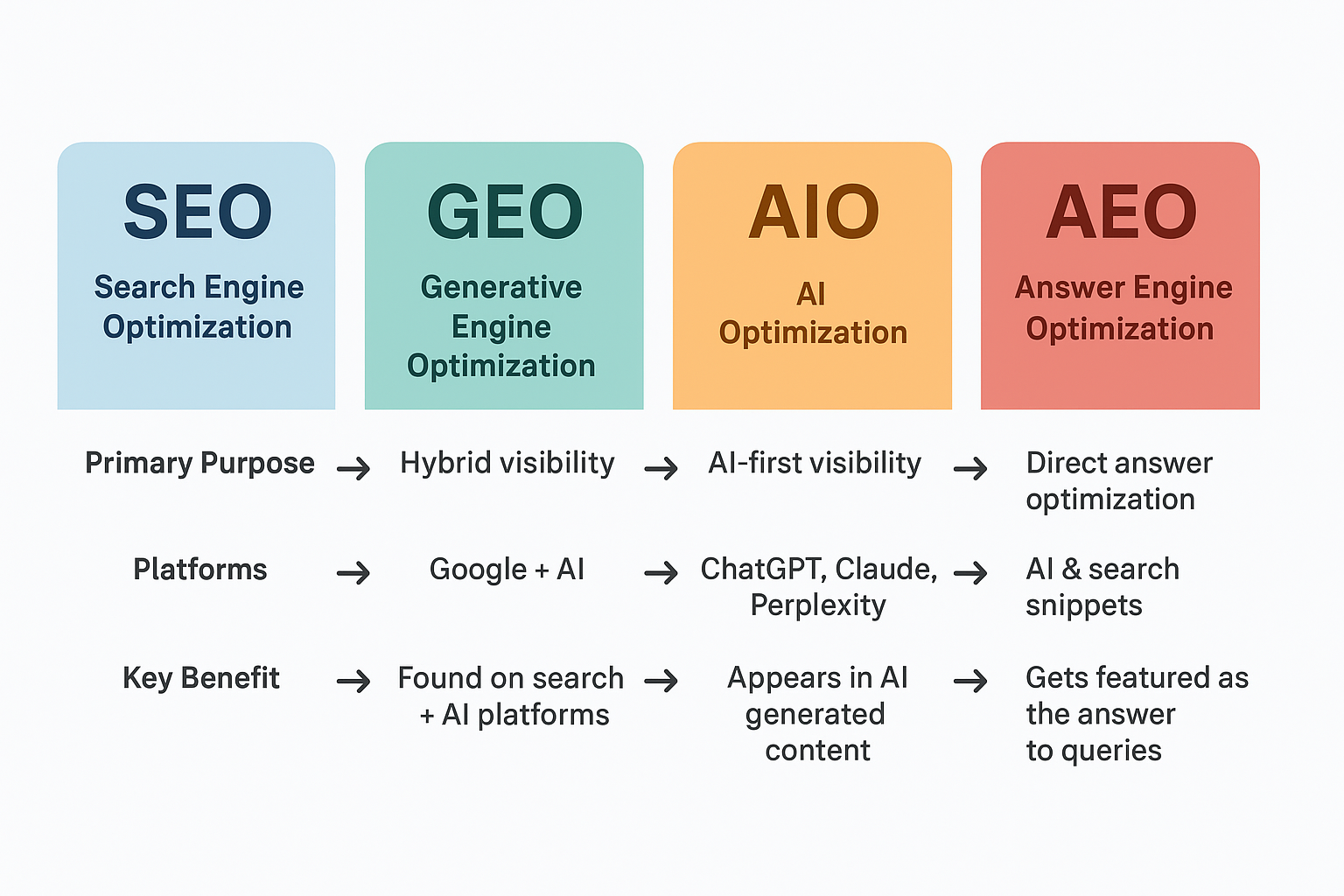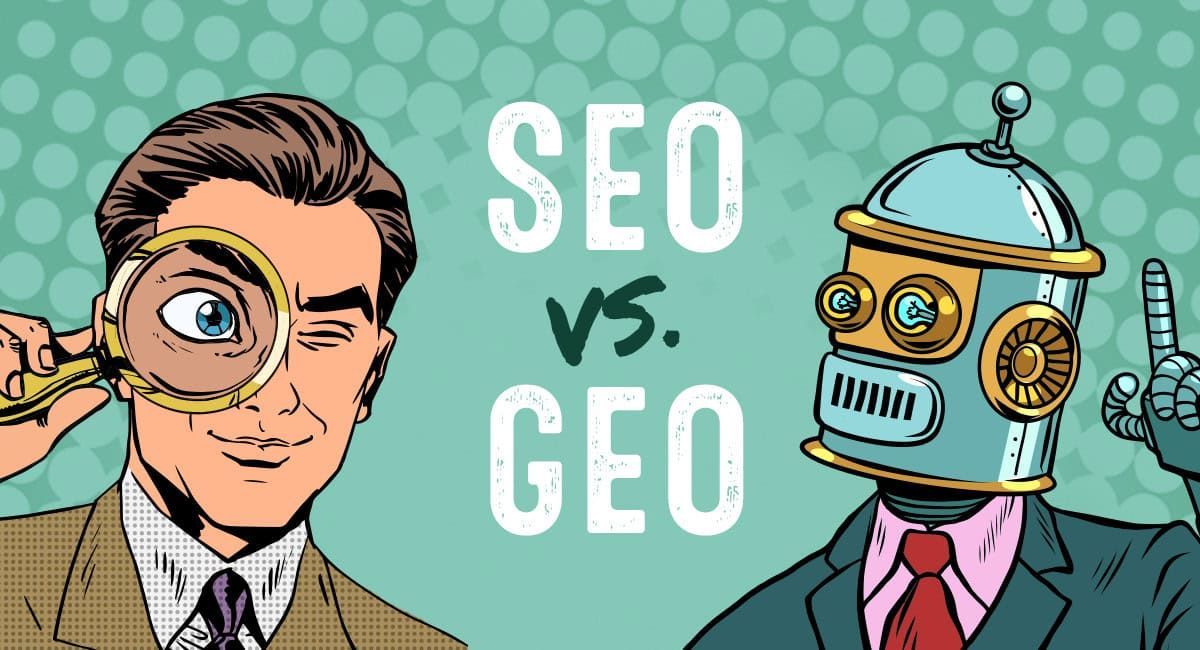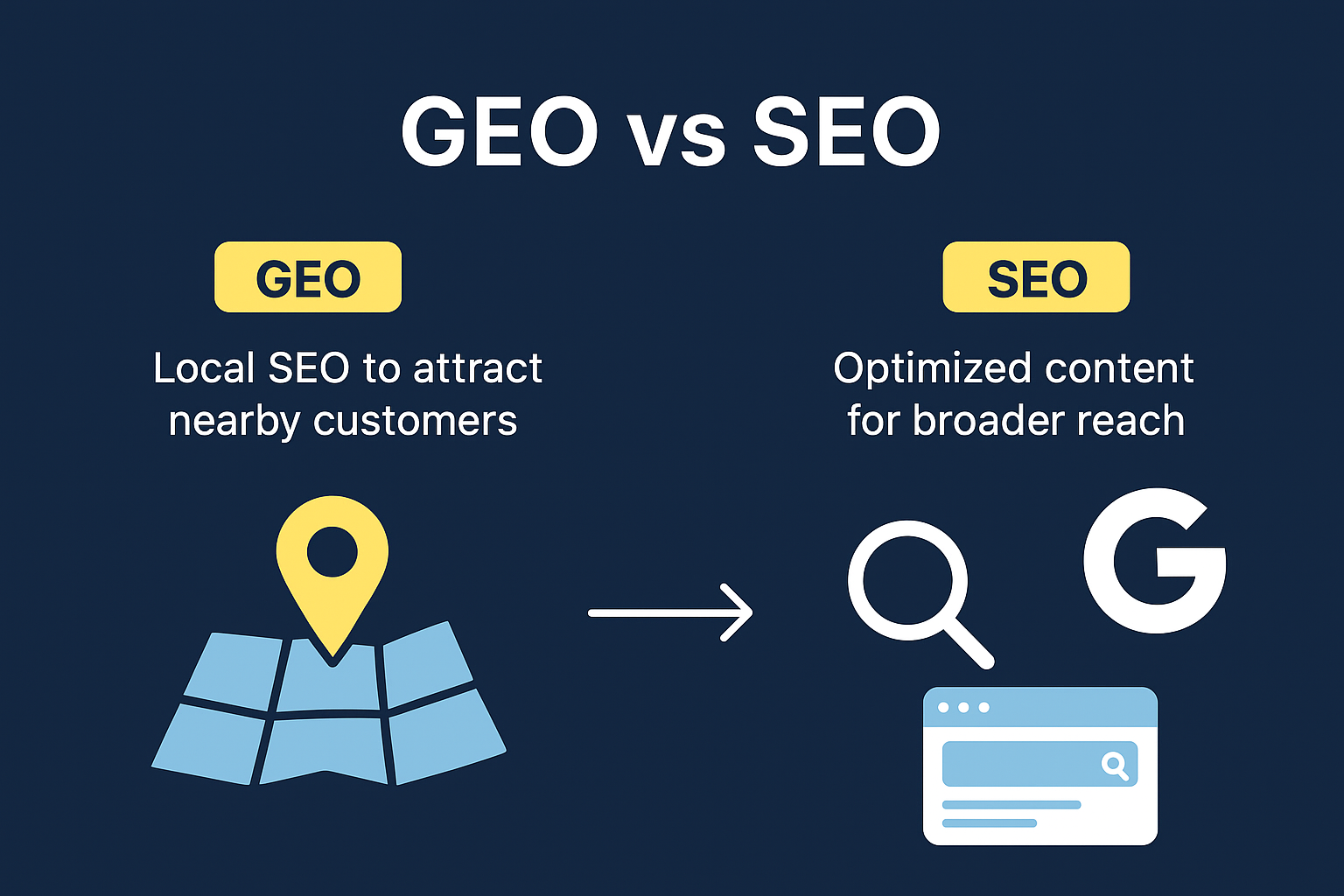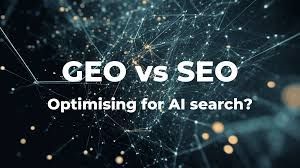How AI is Changing SEO?

The use of artificial intelligence (AI) in digital marketing brings new dimensions to search engine optimization (SEO). With AI systems’ ability to learn user behavior, understand search patterns, and analyze consumer data like never before, the role of SEO is no longer limited to just targeting specific keywords and phrases. It is now a flexible and dynamic process that constantly adapts to the ever-changing online landscape.
In this blog, we will explore how AI is changing SEO and how businesses can leverage this to their advantage.
AI-Powered Search Engine Results
AI-powered search results first came into the limelight with the introduction of RankBrain, but it has since evolved into something more profound. Google has applied machine learning to its search algorithms, and it continues to improve the relevance of search results. This development has led to a shift in focus from manipulating search engines to creating better customer experiences.
One significant implication of AI-driven SEO is that it has made keyword stuffing obsolete. Google can now understand the content better, and hence, it can identify keyword stuffing as a shortcut to manipulate ranking.
Instead, developers and marketers are channeling their efforts into creating the most relevant content, one that helps Google identifies its offerings. This has led to an increased focus on creating quality content, integrating it with relevant keywords, and using natural language.
Another important aspect of AI-powered search results and AI-driven SEO is the use of structured data. Google, among other search engines, has been working to make search results more visually appealing and easier to use.
One way they have done this is by using structured data. Using structured data makes it easier for Google to understand the content on your site and its purpose. This, in turn, leads to better rich snippets and more chances for your content to appear on featured snippets, providing additional visibility.
AI Predictive Analytics
Understanding AI Predictive Analytics in SEO
Predictive analytics uses historical data and machine learning techniques to predict future outcomes. In SEO, predictive analytics can help businesses predict trends, user behavior, and future search results.
Predictive analytics tools can identify patterns and correlations that are beyond human comprehension by analyzing massive data sets. With this information at their disposal, SEO experts can adjust their strategies to improve search engine rankings and drive more traffic to their websites.
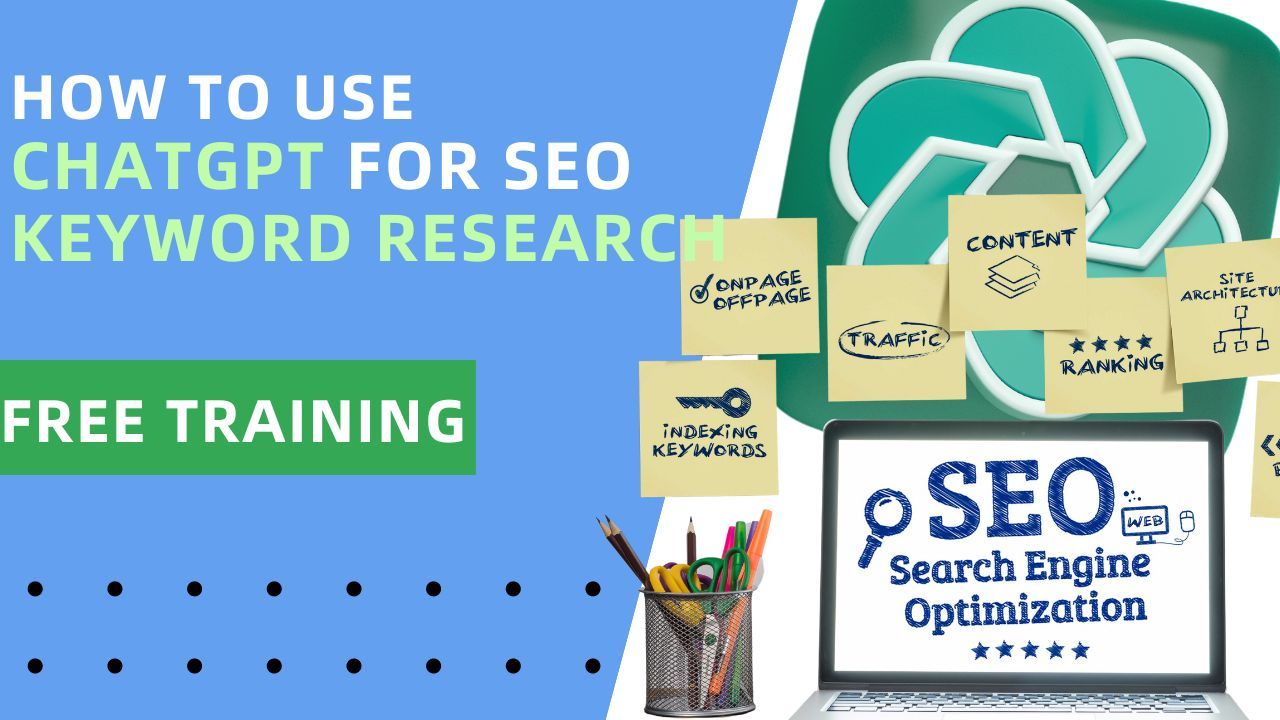
Identifying Emerging Keywords and Trends with AI
One of the most significant advantages of using AI predictive analytics in SEO is the ability to identify emerging keywords and trends. By analyzing search behavior, search volume, and social media activity, SEO experts can predict which keywords and phrases are becoming more popular.
This information can then be used to guide content creation and AI SEO optimization strategies. Creating content that caters to these emerging trends can help boost your search engine ranking and drive more traffic to your website.
Personalizing User Experience
Another way predictive analytics can improve SEO is by personalizing the user experience. By analyzing user behavior and preferences, businesses can curate content that is more relevant to their target audience.
Predictive analytics can help businesses understand what types of content users prefer, which channels they use to consume content, and what products or services they are likely to purchase. By personalizing the user experience, businesses can increase engagement, conversions, and customer loyalty.
Anticipating Consumer Needs Using AI
Predictive analytics can also be used to anticipate consumer needs. By assessing historical search data and user behavior, businesses can predict the products or services their users are likely to search for in the future.
This information can be used to guide content creation, product development, and marketing strategies. By anticipating consumer needs, businesses can stay ahead of the competition and increase revenue.
Enhancing SEO using AI
Finally, predictive analytics can help businesses enhance their overall SEO performance. By analyzing search data, competitive intelligence, and social media activity, SEO experts can identify areas of improvement and adjust their strategies accordingly.
Predictive analytics can help businesses identify which pages are underperforming, which keywords are providing the most traffic, and which marketing channels are driving the most conversions. Analyzing data and adjusting SEO strategies in real time on a regular basis allows a business to attract more traffic to its website.
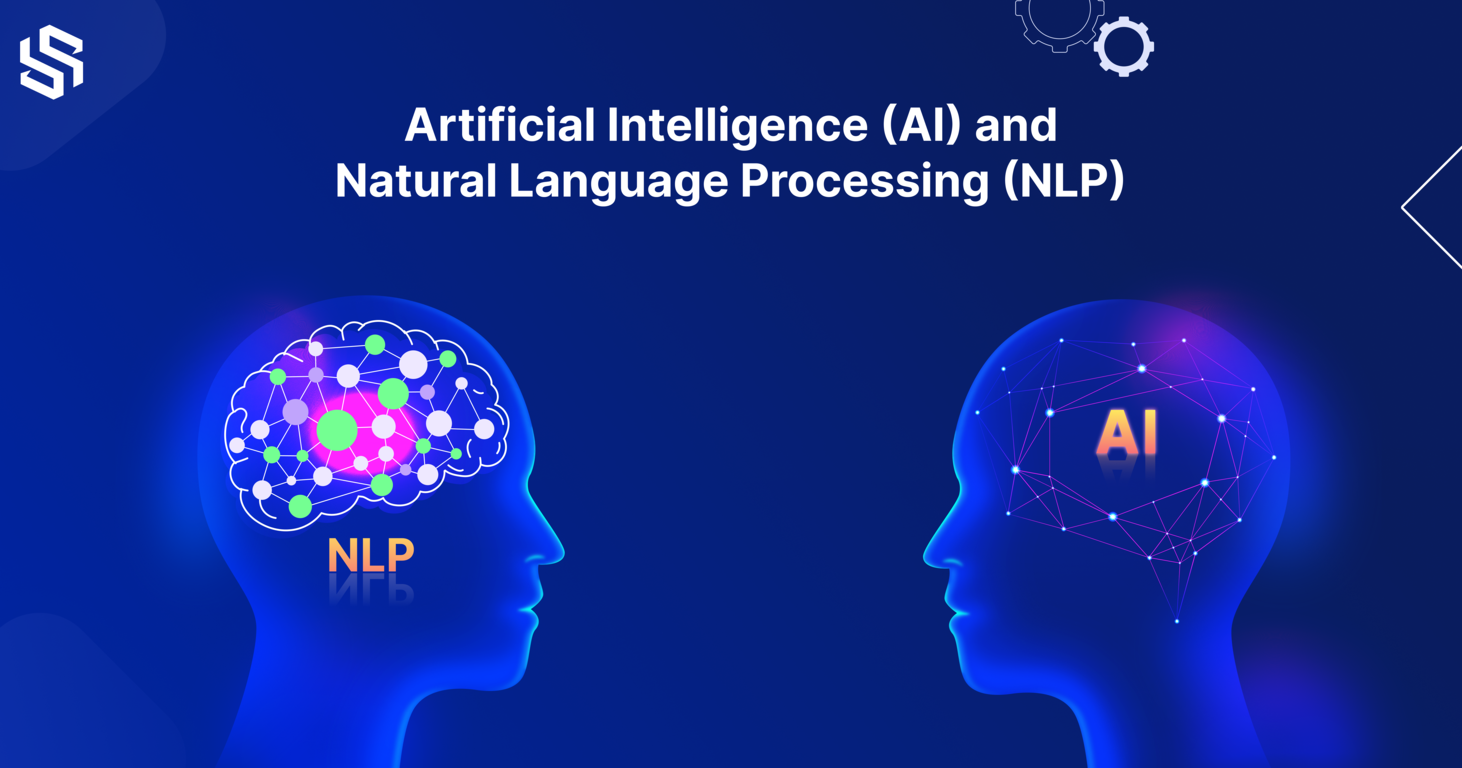
Natural Language Processing in AI
NLP is a type of artificial intelligence that enables computers to understand human language through semantic analysis and machine learning. In essence, NLP abstracts the underlying user intent and recognizes colloquial expressions, making search results more relevant and accurate.
With the help of NLP, machine learning can scan through vast amounts of data and draw insights that previously would have required human intelligence. For example, create content in a language that most people speak, and search engines will be able to understand and relate to it better. Additionally, traditional SEO practices, such as building links, keyword stuffing, and other black-hat tactics, are declining in significance. Instead, search engines are placing more emphasis on engaging and informative content.
Today, crafting content that speaks to the audience's needs and language is critical in ensuring that a website ranks higher in search engine results. NLP is also making way for an enhanced conversational search experience, which permits users to provide voice commands or text queries to a device and receive an instant and relevant response.
The rise of NLP in AI-based SEO is also making long-tail keywords more important than ever. Websites that target long-tail phrases with lesser competition are now enjoying better rankings and CTR (Click-Through Rate). Long-tail keywords are more specific and more closely aligned with the user's intent, which is precisely what NLP technology aims to understand.
Hence, using long-tail keywords can increase your chances of being found by the right audience and position you at the top of the SERP (Search Engine Results Page).
AI Voice Search Content Optimization
The Rise of AI and Smart Assistants
The rise of smart assistants like Alexa, Siri, and Google Home has set voice search on the path to success, changing the way people interact with search engines. These voice-activated devices are quickly becoming major academic tools and day-to-day gadgets in homes and businesses worldwide.
Natural Language is Key
Optimizing your content for voice search starts with understanding how people talk. Unlike text searches, which are usually limited to keyword phrases, voice search queries tend to be more conversational. For instance, if someone is using a voice assistant, they sound natural in their search query, as if they are asking a question from a human.
Consequently, by focusing on what a person could ask and the problem they need to solve, businesses can use more natural language content that aims to answer the questions users might have.
The Importance of Google Featured Snippets
Featured snippets appear at the top of search results, providing users with a quick answer to their query. These snippets, also known as position zero results, are highly visible and catch the attention of voice searchers.
Hence, optimizing content to rank for featured snippets can help increase the chances of your website appearing in voice search results. Therefore, it's essential to use schema markup to help search engines understand what your content is about, making it easier to deliver the correct answer.
Mobile Optimization
With the increased use of voice-activated devices, the number of mobile searches has significantly increased. Thus, it's crucial to optimize your content for mobile devices. By employing responsive design to make your site accessible on any device, you can improve its mobile functionality, making it easier for users to find answers to their questions.
Additionally, you can improve site speed by reducing image sizes, enabling browser caching, and limiting the use of large-sized files to enhance mobile performance. In doing so, users can have the best experience when accessing your website through a voice assistant.
Google AI Search Results
When we type a query in a search engine, we expect to get the most relevant results. But with personalized search results, search engines use data from previous searches, clicks, and other online activities to tailor the results according to our preferences.
Search engines take into account past search history, geographical location, and even social media activity. AI is playing a significant role in shaping personalized search results, making it more accurate and efficient. With machine learning, AI algorithms can detect patterns and understand the user's intent.
For instance, Google's RankBrain uses AI to analyze and match queries with relevant results, considering over 200 ranking factors to ensure the results are relevant and personalized.
Personalized search results benefit both the users and the businesses. For users, personalized results mean they get more relevant results and they can find what they are searching for quickly. On the other hand, businesses benefit from personalized search results as they can target their specific audience based on user preferences, decrease their bounce rate, and increase their conversion rate.
While personalized search results may seem like a boon for users and businesses, there are also some challenges associated with it. One significant challenge is the lack of transparency. The users are not always aware of the data collected about them, and there are privacy concerns.
Additionally, personalized search results may lead to filter bubbles, where users are only exposed to information that fits their worldview, leading to more divisiveness and polarization. With AI evolving at an unprecedented pace, it's natural to wonder what the future holds for personalized search results. It's safe to say that personalization is here to stay, and its importance will only increase.
However, with the growing privacy concerns, we can expect search engines to be more transparent about user data and implement policies to safeguard privacy. Moreover, AI will continue to evolve, and we can expect even more accurate and relevant search results.
AI Image Recognition
In the ever-evolving world of technology, AI has emerged as a game-changer in various industries, including digital marketing. The use of AI in SEO has been on the rise in recent years, providing marketers with efficient and precise tools to enhance the online search experience for users. One of the key areas where AI is transforming SEO is through image recognition.
Image recognition is changing the game for image search engines, allowing them to become more accurate and user-friendly. AI-powered image recognition tools use deep learning algorithms to analyze images based on features such as colors, textures, shapes, and other attributes, providing users with relevant and personalized search results.
This type of technology can help users find exactly what they are looking for, while helping marketers optimize their image content for improved SEO performance.
AI Image Optimizer
AI powered image recognition can also help marketers optimize their image classification for better search engine rankings. By using AI technology to evaluate the context and content of images, marketers can ensure that their images are classified accurately according to their relevance and importance.
This can result in higher visibility and improved SEO ranking for webpages with high-quality and relevant images.
Enhanced AI User Engagement
Incorporating AI-powered image recognition into digital marketing strategies can also lead to enhanced user engagement. As users get access to visually stimulating and relevant images, businesses can increase the time spent on-site and reduce bounce rates.
This, in turn, can lead to improved SEO performance as search engines reward sites that provide high-quality and engaging content that keeps users engaged for longer.
Conclusion
AI is revolutionizing the world of SEO, making it more dynamic and flexible than ever before. With the introduction of AI SEO optimization, natural language processing, personalization, voice search optimization, and predictive analytics, businesses can create a better online experience for their customers.
The days of keyword stuffing are over. Businesses that want to succeed in the world of SEO must focus on creating high-quality, personalized content that engages their audiences. By staying on top of the latest AI trends and technologies, you can gain an edge over your competitors and maintain a strong online presence.
As you can see, AI SEO can significantly impact your website’s SEO. Any business owner that is serious about improving their website SEO must develop a comprehensive AI based content building strategy. However, such an AI strategy can be difficult to create and execute if you aren’t familiar with different Open AI Platforms & AI building strategies. In such situations, you can turn to SEO experts such as Mobile OPZ for assistance.
At Mobile OPZ, we understand the ins and outs of using AI for SEO content writing and are always up-to-date with Google’s latest AI SEO rules and regulations. We can help you create a winning AI content building strategy that will boost your website’s SEO and benefit it in the long run. Please contact us to take your website’s SEO to the next level. Call 720-492-9625, today!
